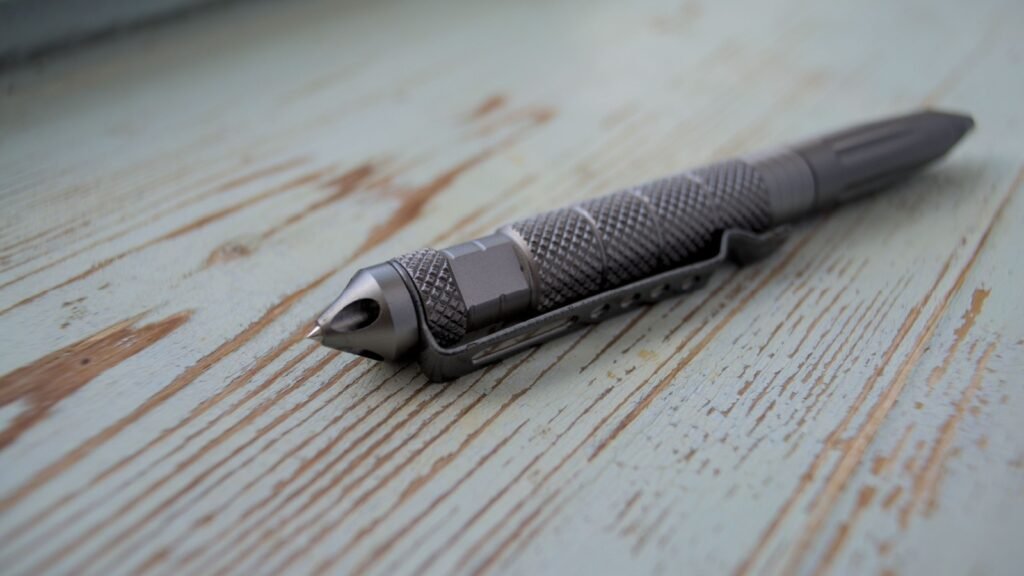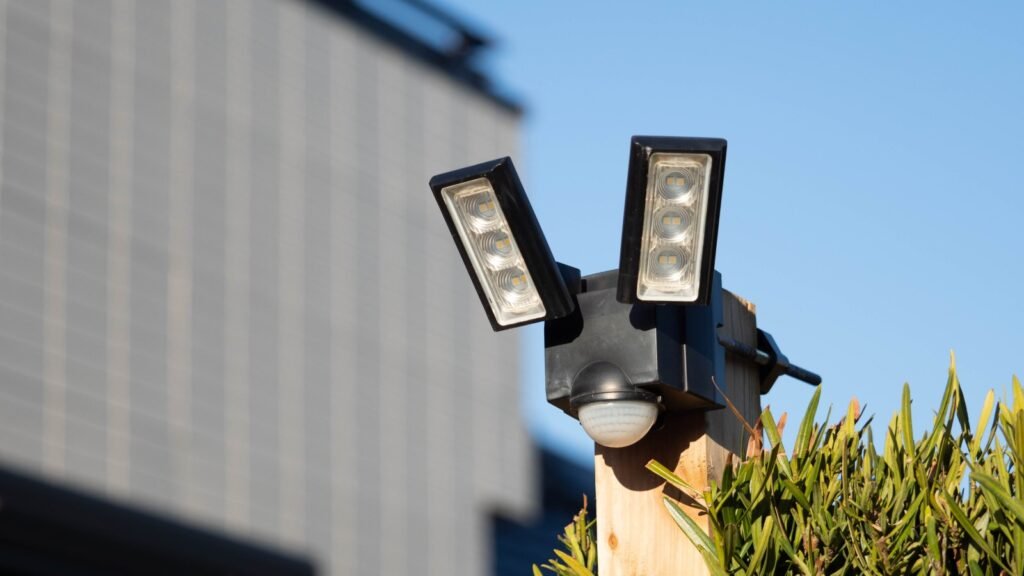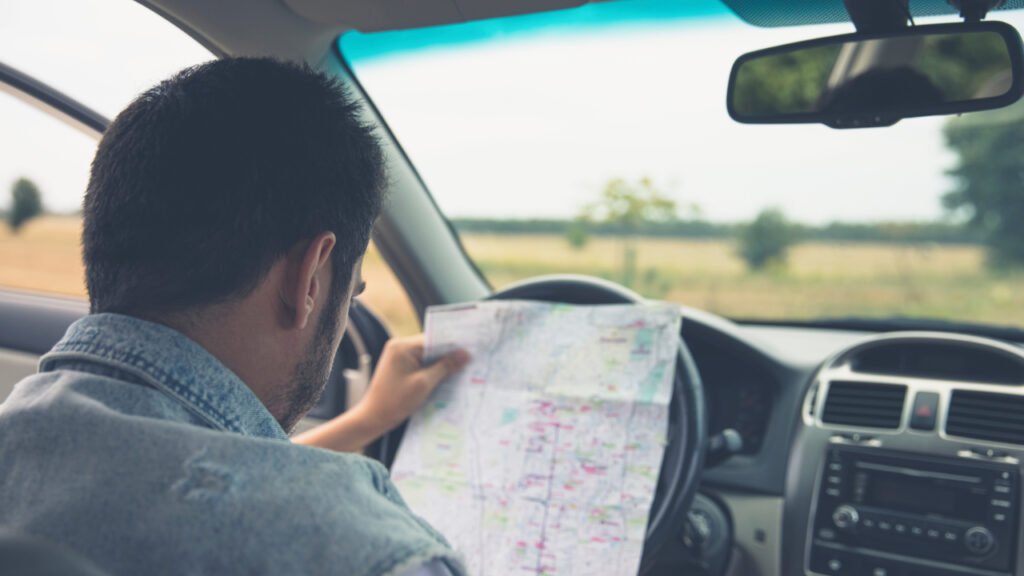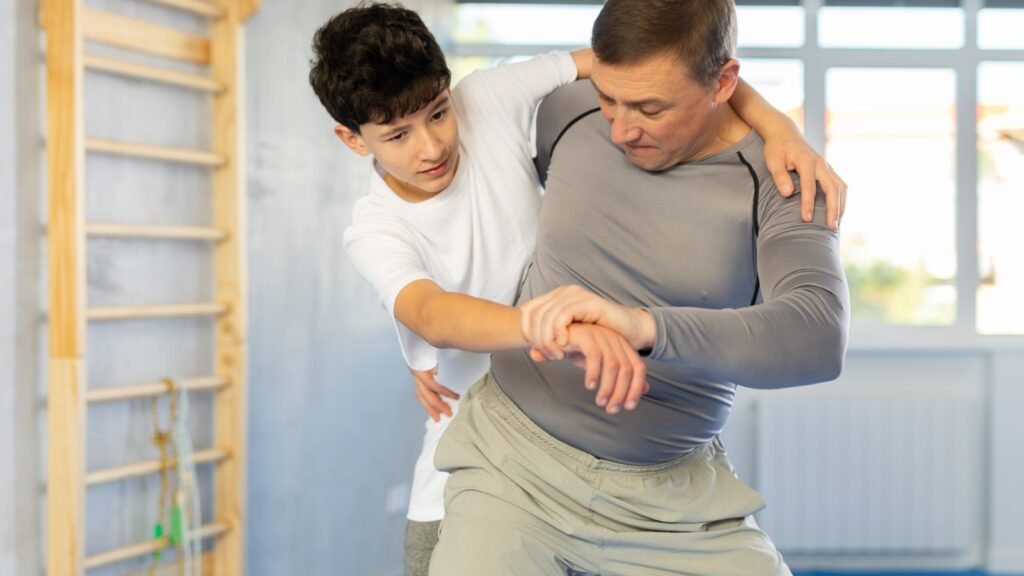When you’re serious about preparedness, personal security isn’t optional—it’s a cornerstone of survival. Your personal safety starts with awareness — at home, on the streets, or in busy places where anything can happen.
I firmly believe that personal security is about more than tools or gadgets. Having a solid plan isn’t about living in fear; it’s about feeling confident that you can handle whatever situations come your way.
Every prepper should know these practical, no-nonsense tips so they can stay safe and secure.
1. Practice Situational Awareness

Situational awareness means paying attention to what’s happening around you at all times. Keep your head up, scan your environment, and take note of potential threats or exits. Avoid distractions like staring at your phone in public spaces. Use techniques like the OODA loop (Observe, Orient, Decide, Act) to process situations quickly and respond effectively. Regularly practice observation drills to sharpen your ability to notice unusual or suspicious behavior.
2. Avoid Predictable Routines

Predictability makes you an easy target. Change up your daily routines, like the times you leave for work or the routes you take. This makes it harder for anyone to track your movements or plan an ambush. Vary your errands and mix up your patterns to stay one step ahead. Inform trusted family members of these changes so someone always knows where you are.
3. Carry a Self-Defense Tool

Whether it’s pepper spray, a tactical pen, or a concealed firearm (if you’re trained and legally allowed), having a self-defense tool can save your life. Choose something you’re comfortable using and practice with it regularly. Always follow local laws and regulations to ensure you’re carrying responsibly. Keep your self-defense tool in an accessible spot, such as a dedicated pocket or quick-release holster.
4. Keep Your Hands Free

In a crisis, you need your hands available to defend yourself or escape. Use backpacks or crossbody bags instead of carrying items in your hands. If you must carry something, keep it lightweight and in one hand to maintain balance and mobility. Practice dropping or discarding non-essential items quickly if you need to react to a threat.
5. Trust Your Instincts

If something feels off, it probably is. Your intuition picks up on subtle cues your conscious mind might miss. If you feel uneasy about a person or situation, remove yourself from it. Don’t worry about being polite—your safety always comes first. Combine intuition with situational awareness to verify your concerns and take appropriate action.
6. Strengthen Home Security

Your home should be a sanctuary. Reinforce doors and windows, install motion-sensor lights, and use smart locks or cameras. Keep bushes trimmed to eliminate hiding spots for intruders. Add window security film and replace weak locks with high-grade deadbolts for additional protection.
7. Maintain a Low Profile

Avoid drawing attention to yourself or advertising your resources. Flashing expensive gear, wearing tactical clothing, or bragging about your preparations can make you a target. Blend in with your surroundings and keep your plans private to stay under the radar. Avoid discussing sensitive topics, like the location of your emergency supplies, with casual acquaintances.
8. Plan Escape Routes Everywhere

Always have an exit strategy, whether you’re in your home, a public space, or your car. Take note of exits, alternate paths, and potential choke points. Rehearse these routes in your mind so you can act quickly without hesitation if a threat arises. Practice escape drills with your family or team to ensure everyone is on the same page.
9. Learn Basic Self-Defense

You don’t need to be a martial artist, but knowing a few effective self-defense moves can save your life. Focus on techniques that target vulnerable areas like the eyes, throat, and knees. Practice regularly so your responses become instinctive under pressure. Take a class from a reputable instructor to learn techniques tailored to real-world scenarios.
10. Use Technology Wisely

Smartphones and GPS devices are valuable tools, but they can also expose you to risks. Turn off location sharing on apps you don’t trust and use a VPN for secure internet browsing. Have a backup plan in case your devices fail, such as printed maps or pre-arranged meeting points. Regularly update your devices’ software to protect against security vulnerabilities.
11. Create a Security Buffer

Keep a safe distance between yourself and strangers, especially in tense situations. A good rule of thumb is to stay at least 6 feet away to give yourself reaction time. If someone invades your space, be prepared to defend yourself or move to safety. Practice maintaining situational awareness while ensuring you don’t unintentionally corner yourself.
12. Be Mindful of Body Language

The way you carry yourself can either deter or invite threats. Stand tall, walk with purpose, and make eye contact with people around you. Confident body language signals that you’re alert and not an easy target. Avoid appearing distracted or uncertain. Combine this with a calm demeanor to avoid escalating situations unnecessarily.
13. Have a Safe Word for Your Family

A prearranged safe word can alert family members to danger without tipping off others. Choose a word that’s easy to remember but unlikely to come up in normal conversation. Teach everyone in your household how and when to use it, and practice regularly. Pair the safe word with a simple hand signal for situations where speaking isn’t an option.
14. Prepare for Public Events

Crowded places like concerts or fairs can quickly turn chaotic in an emergency. Position yourself near exits, avoid bottlenecks, and stay aware of your surroundings. Keep essential items like ID, cash, and a small flashlight on your person in case you need to move quickly. Familiarize yourself with emergency protocols specific to the venue or event.
15. Know When to Deescalate

Sometimes the best defense is avoiding a fight altogether. If a situation is escalating, use calm, assertive communication to defuse it. Avoid arguing or making threats, as this can provoke an attack. Walking away is often the safest and smartest choice. Practice using neutral body language and tone to avoid unintentionally escalating the situation further.

